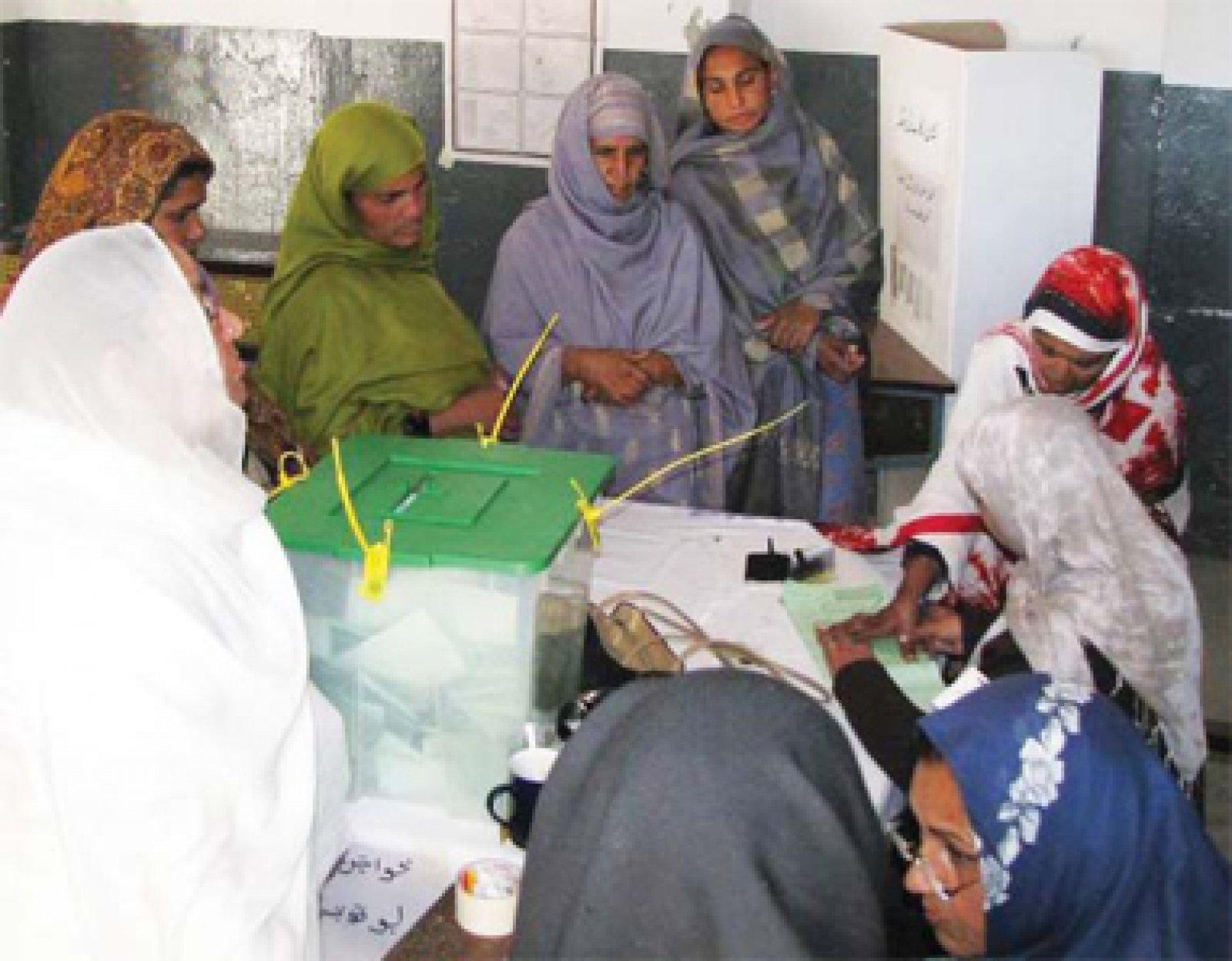
Despite a seriously flawed process, Pakistani voters chose a return to democratic rule over dictatorship in February parliamentary polls. Opposition candidates swept to victory over the party of President Pervez Musharraf, leading to the formation of a coalition government led by historic political rivals, the Pakistan Peoples Party of former Prime Minister Benazir Bhutto, who was assassinated seven weeks before the election, and the Pakistan Muslin League-N, led by former Prime Minister Nawaz Sharif.
The coalition has been threatened by disagreements over the reinstatement of judges who were fired in a Musharrafimposed state of emergency last fall, with the PML-N pulling out of the cabinet in protest. Despite setbacks, for the first time since Musharraf seized power in a 1999 coup, the country remains hopeful that the new government will usher in a transition to democracy.
NDI has supported Pakistan's democratic electoral process since the late 1980s. In June 2007, NDI and the Centre for Civic Education Pakistan (CCE) assisted the parties in a review of the voters list, leading to a Supreme Court order to add missing names. The Institute conducted pre-election assessment missions in May and October of 2007, the latter of which was led by former Senate Majority Leader Tom Daschle, a member of the NDI Board of Directors. The missions' recommendations were used by Pakistani groups to advocate for electoral reform. NDI also helped the parties train and deploy more than 40,000 party poll watchers to help protect the integrity of the voting process and the tabulation of results in February.
To aid the long-term development of Pakistan's political parties, the Institute has launched programs to encourage internal reforms as well as to increase the participation of marginalized groups such as youth, women and ethnic minorities. NDI hopes to build on a growing sense of cooperation among political parties by providing opportunities to create links between citizens and newly-elected leaders. Current plans also include roundtable discussions with parties, as well as tribal and civil society representatives from the Federally Administered Tribal Areas (FATA), as they explore options to rebuild their governance system.
–
Published on July 7, 2008


